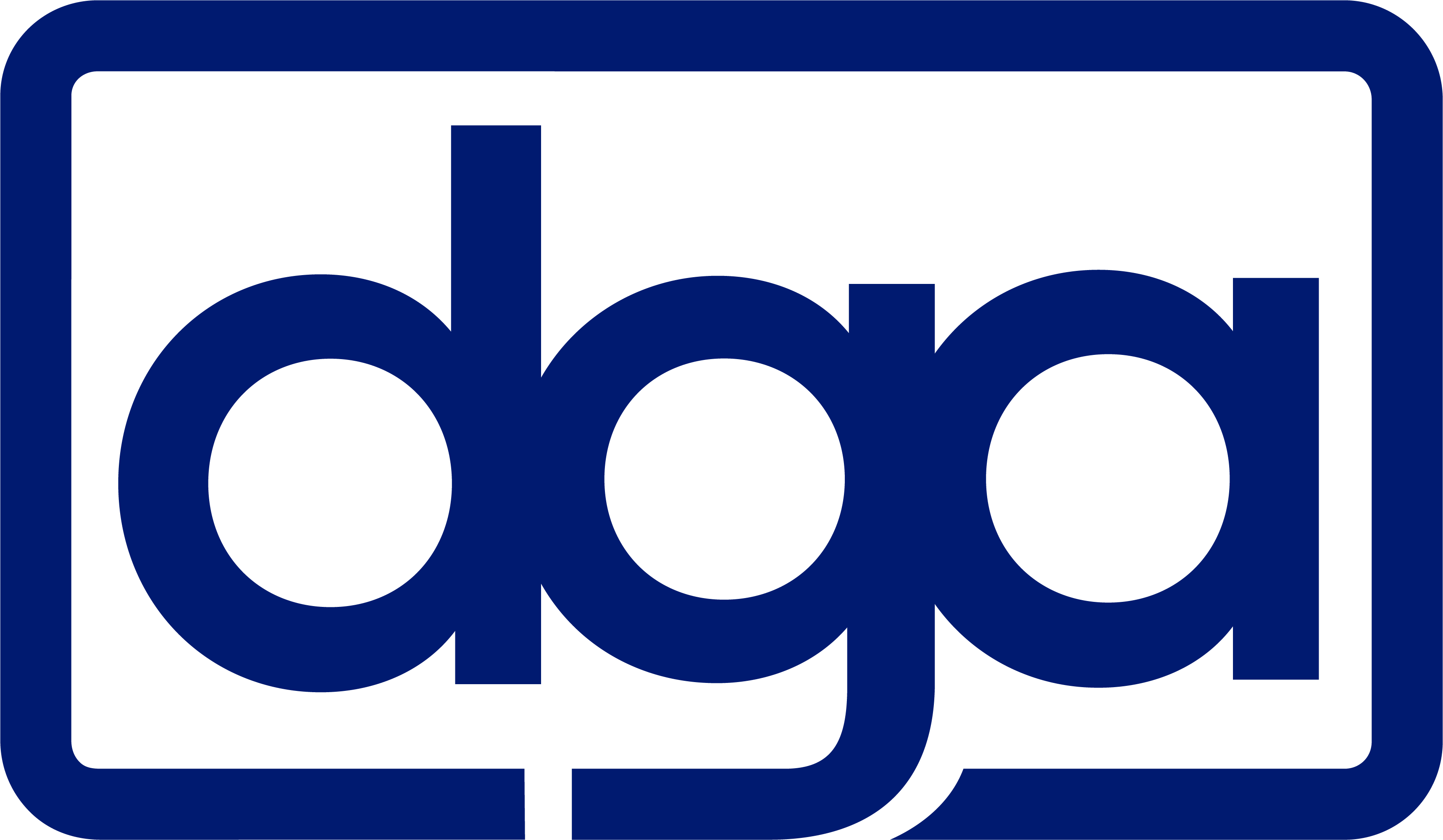Dem Govs Get It Done: While Republicans Stall on COVID-19 Stimulus At Federal Level, Democratic Governors Usher In Relief
The Trump administration and Senate Republicans have blocked the HEROES Act and stalled on other forms of COVID-19 relief – leaving American families and businesses in both red and blue states suffering the devastating impacts of the pandemic.
In the absence of assistance from the federal government, Democratic governors across the country have once again stepped up to lead during this crisis, taking action on COVID-19 relief at the state level. Here are some examples:
Colorado Gov. Jared Polis
Gov. Polis called a special session of the legislature on November 19th, working with lawmakers to take action on small business relief, child care support, housing and direct rental assistance, increasing broadband access, food insecurity, utilities assistance, and public health.
Michigan Gov. Gretchen Whitmer
Gov. Whitmer proposed a $100 million COVID-19 relief plan on November 25th, asking state lawmakers to pass the proposal when they return to work in December. In her letter to the legislature’s Republican leadership, Gov. Whitmer asked them to permanently extend longer-lasting unemployment benefits, provide financial support to small businesses, and pass legislation requiring masks in public.
Minnesota Gov. Tim Walz
Gov. Walz announced last week that he would like to call for a special session in early December to approve a bipartisan COVID-19 relief package. Gov. Walz hopes to allocate money for small business grant programs, to extend unemployment benefits for another 13 weeks, and to send $500 payments to low-income families.
New Jersey Gov. Phil Murphy
Gov. Murphy announced an additional $60 million in small business aid to replenish a grant program. The additional funds will provide grants to 13,000 New Jersey businesses to help them through the pandemic.
New Mexico Gov. Michelle Lujan Grisham
Gov. Lujan Grisham signed into law a $330 million aid package on November 25th, providing cash to unemployed workers, small businesses and low-income families. The aid package was the result of a one-day special session called by the governor.
North Carolina Gov. Roy Cooper
Gov. Cooper signed a bipartisan COVID-19 relief package in May, providing nearly $1.6 billion to support North Carolinians during the pandemic. The bills provided funding for health care, COVID-19 research and testing, food banks, and rural broadband.
Wisconsin Gov. Tony Evers
Gov. Evers proposed a $541 million COVID-19 relief package on November 17th to the Republican state legislature. Gov. Evers’ proposal would make unemployment insurance more accessible, forbid evictions, and waive school assessments through the end of next year.

